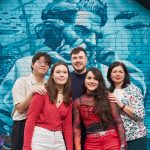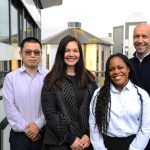 Produced by Guest blogger
Produced by Guest blogger
This guest blog is by Sarah Clark, who is studying MSc Clinical and Developmental Neuropsychology. She explains why she was drawn to this particular course and how BU has helped to support her studies whilst managing various health conditions.
I was initially drawn to BU’s MSc Clinical and Developmental Neuropsychology Course when I was looking for a course that could help pave the way to my research aspirations in the “clinical benefits of floating”. Neuropsychologist, Dr Justin Feinstein and his work at The Laureate Institute for Brain Research (in Oklahoma) has really fuelled this passion within me, so then I started looking for courses in Neuropsychology.
In case you are wondering – floating involves laying in a chamber of magnesium-rich Epsom salt water in darkness and silence (usually for an hour). With lack of usual sensory input to your brain from your external environment (eg light and sound), you enter into an altered brain-wave state of wakeful deep-conscious relaxation, unique to the float pod environment. Plus in a zero-gravity environment your spine decompresses and muscles can totally relax. I initially started floating due to severe chronic physical pain, but soon realised it could have huge benefits to treating my Complex PTSD. I’ve now probably floated in excess of 200 hours.
I have several very complex and rare health conditions and comorbidities of Ehlers-Danlos syndrome and well as some psychological struggles which have impacted on my studies at times when I’ve been most unwell. However I cannot fault the level of understanding and compassion from BU staff.
From the safe, supportive environment BU provides, I have done well in applying my academic research skills to my self-taught learning around how to help improve my health issues. Ironically studying neuropsychology has not only helped my mental health and help me understand myself better and improve my wellbeing, but also allowed me to make huge improvements to my physical health too. In the past six months every single one of my specialists have commented they have never seen a patient make as much improvement as I have, and especially not through self-management. Now I am inspiring my EDS consultants as well as local NHS doctors who are applying some of my methods to help other patients. I have a huge passion in health and wellbeing, but have only more recently realised my huge interest in “communication skills in clinical settings” (I currently have a few papers under review on this topic with journals) as well as misdiagnosis and trauma from the healthcare system.
When I started the MSc course, little did I know just how fundamentally life-changing it would be for me or how absolutely pivotal the support from the BU community would be in my personal self-development and improvements in my health and wellbeing. Academic staff are so keen to inspire and shape their students future career pathways and are hugely encouraging and supportive. BU and the Psychology Department is such a nurturing, encouraging environment to study in. Academic staff are clearly very fuelled by their research interests, but they also have huge passion in how they teach and deliver course content materials to really inspire their students.
During my time at BU, and the level of support I’ve had, I’ve gained so much in my confidence, self-belief and self-compassion and kindness towards myself. Little did I know when I started my MSc that it would actually lead to me realising from the Neurodevelopmental Diversity Unit that I am autistic – and I was diagnosed in May this year and then completed the 20 km Jurassic Coast Challenge in July (despite the physical issues I have from EDS – which left me housebound for several months back in 2018 due to chronic pain) raising £250 for The National Autistic Society to celebrate my autism diagnosis and new understanding myself with a new lens of better self-compassion.
Over a number of years I’ve engaged in work (paid and voluntary) in “expert patient” roles, medical education and patient advocacy. The skills I’ve learnt academically on my course have further fueled my passion for writing and during my time at BU I have achieved a number of further publications, including the BMJ.
I’ve previously had a solo photography exhibition and am in the process of arrange a small exhibition at BU later this year.
Skills I have learnt on my course and time at BU haven’t just benefitted me academically, I have also learnt some hugely important “life skills”, which has helped improve how I communicate with other people, and I am blown away by the level of support available to students through ALS and BU Mental Health Mentoring Teams who have really stepped up with support at times when I’ve been most unwell which has then impacted my studies.
Whilst I will always have struggles of varying kinds throughout remainder of my life, my time at BU is certainly part of my “post-traumatic growth” period of my life and I am so thankful that BU so clearly has diversity and inclusion as a key priority and helping each of its students realise their individual potential as a unique human being. Prior to my time at BU, most of my interactions were with the healthcare system, within the context of the biomedical model which tends to focus on faults and defects. BU has certainty helped me realise and focus on my strengths and on not wasting my potential.
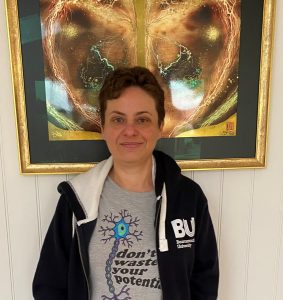
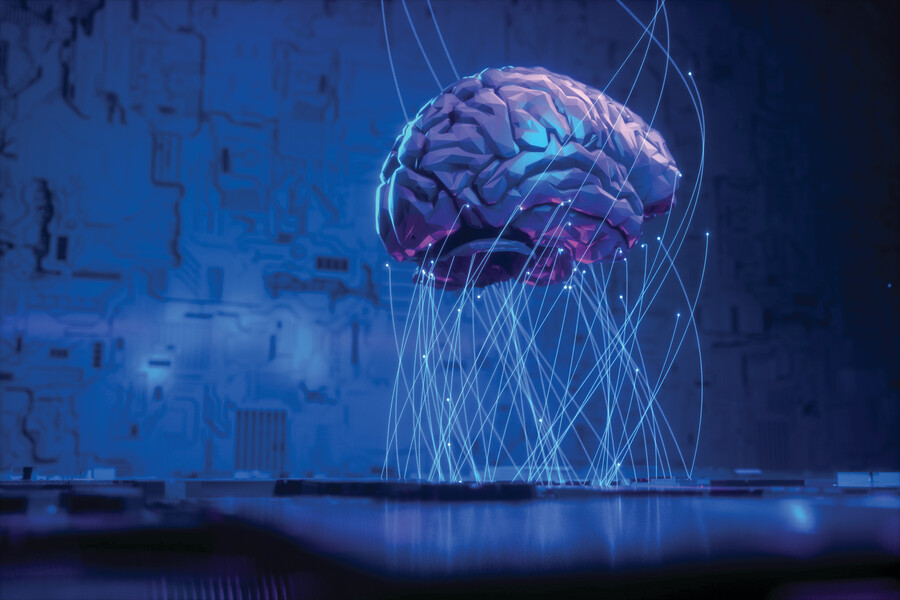
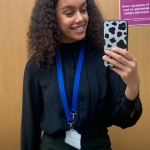 Kelseigh and her career path to Detective Constable in the MET Police
Kelseigh and her career path to Detective Constable in the MET Police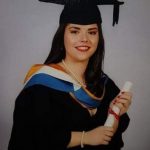 How Cody’s studies led to a career with the police
How Cody’s studies led to a career with the police How BU supported my journey into Health Psychology
How BU supported my journey into Health Psychology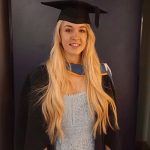 Life after studying Investigative Forensic Psychology
Life after studying Investigative Forensic Psychology



